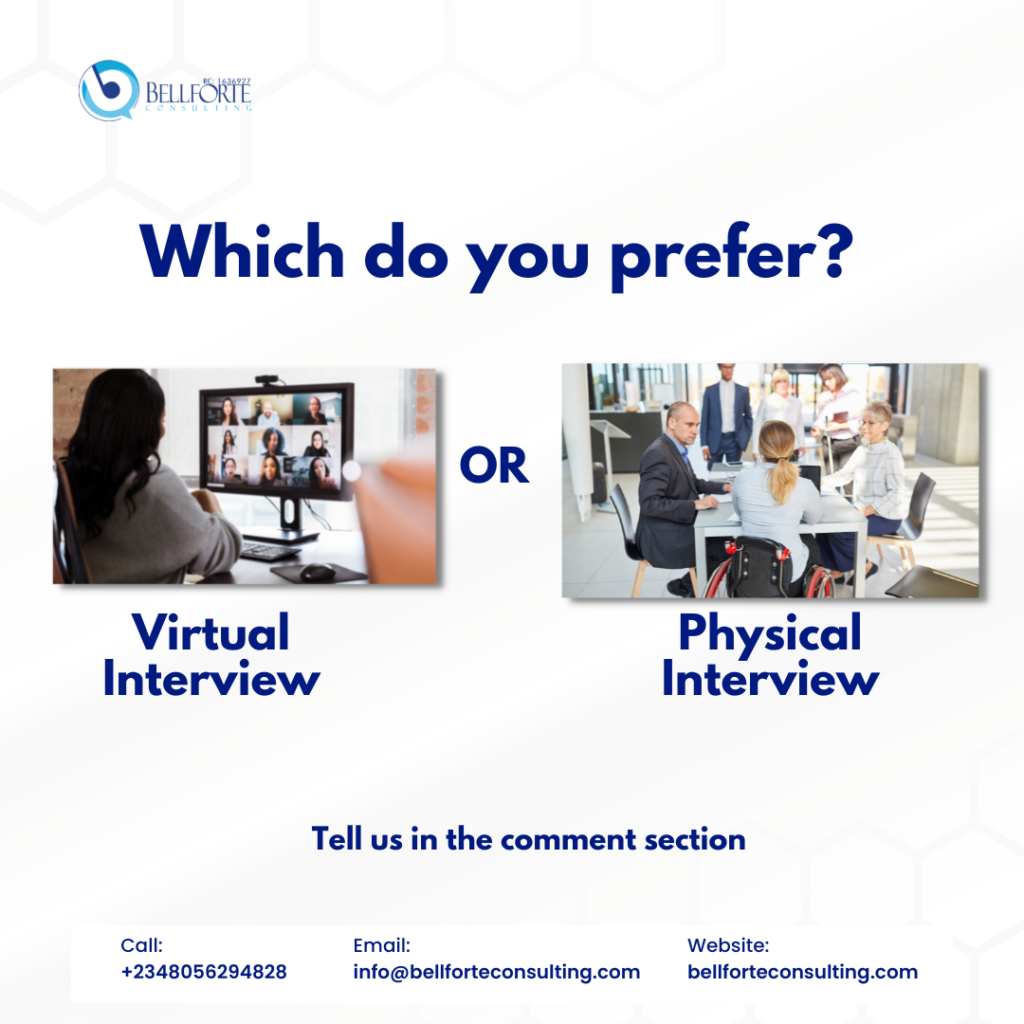In the year 2020, virtual interviewing became a necessary part of the hiring process for most businesses due to the sudden halt in in-person interviews caused by multiple lockdowns and work-from-home policies. Today, it has become commonplace to conduct first-stage interviews through video conferencing platforms such as Zoom and Microsoft Teams. Industry experts predict that a combination of virtual and traditional interviewing methods will be the norm in the post-pandemic era. According to reports from People Management, two-thirds of HR leaders plan to continue using virtual interviewing even after the pandemic has subsided.
As reported by Forbes, virtual interviewing is “here to stay” and will remain an option for talent acquisition depending on the situation. Video interviewing is particularly advantageous for high-volume recruiting or for roles that are entirely remote. However, in-person engagement is a necessity as it is essential to assess the candidate’s personality and working ethics.
Virtual interviewing offers several benefits. Firstly, it saves time by speeding up the hiring process. Secondly, it broadens the talent pool as location is no longer a barrier. Virtual interviews eliminate the logistical issues that come with hiring, and also make it possible for more stakeholders in the company to participate in the interview from any location.
For professions that demand strong social skills, like client-facing or senior leadership roles, in-person interviews, however, offer the best chance for true engagement.
The Limitations of Virtual Interviews
The degree of involvement during in-person interviews is higher, and it’s simpler to evaluate the candidate’s body language and interpersonal abilities. Jobs that require skill demonstrations would also benefit from in-person interviews.
Another factor to consider when it comes to virtual interviewing is technology itself, which can pose an obstacle to overcome. Technology can be notoriously unpredictable, and different platforms can come with a host of glitches. While recruiters and hiring managers have developed a newfound empathy as a result of the pandemic, new biases may have also surfaced, such as assessments of a candidate’s capacity to conduct a video interview successfully or assessments of the candidate’s living environment, also known as “background bias.”
The recruitment process has evolved for the better as virtual interviewing continues to play a significant role. Candidates and employers are becoming accustomed to the new ways of interviewing, and the benefits outweigh any drawbacks. However, in-person interviews will always have a place in certain roles. Each business must evaluate its own needs and consider a “hybrid approach” to their recruitment process.
Check out our services on Recruitment to streamline your way to smooth recruitment. If you liked this article share a comment on our Instagram page




